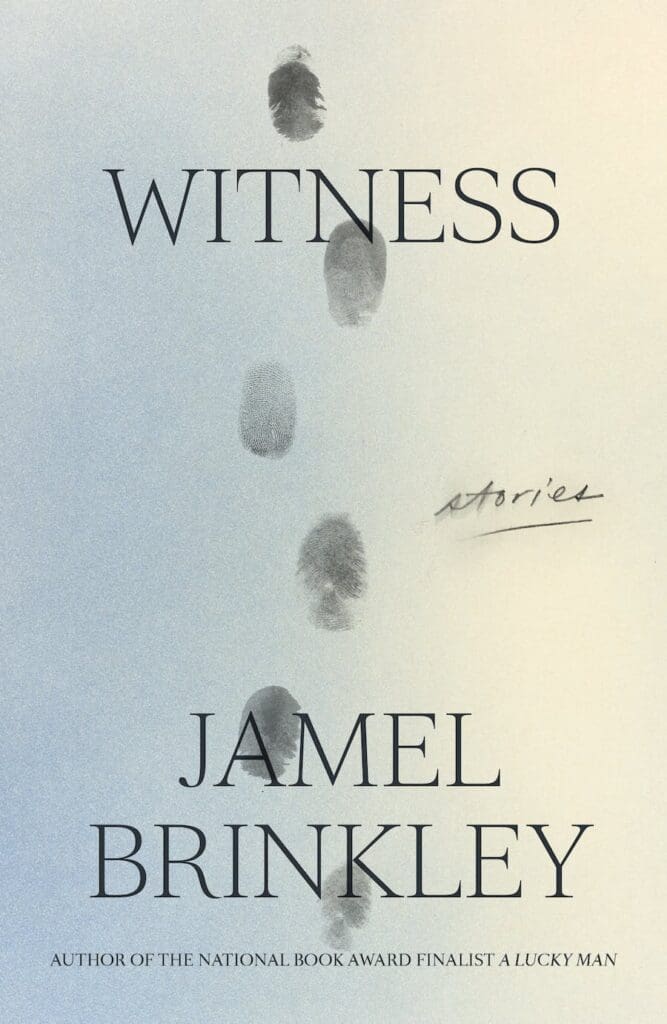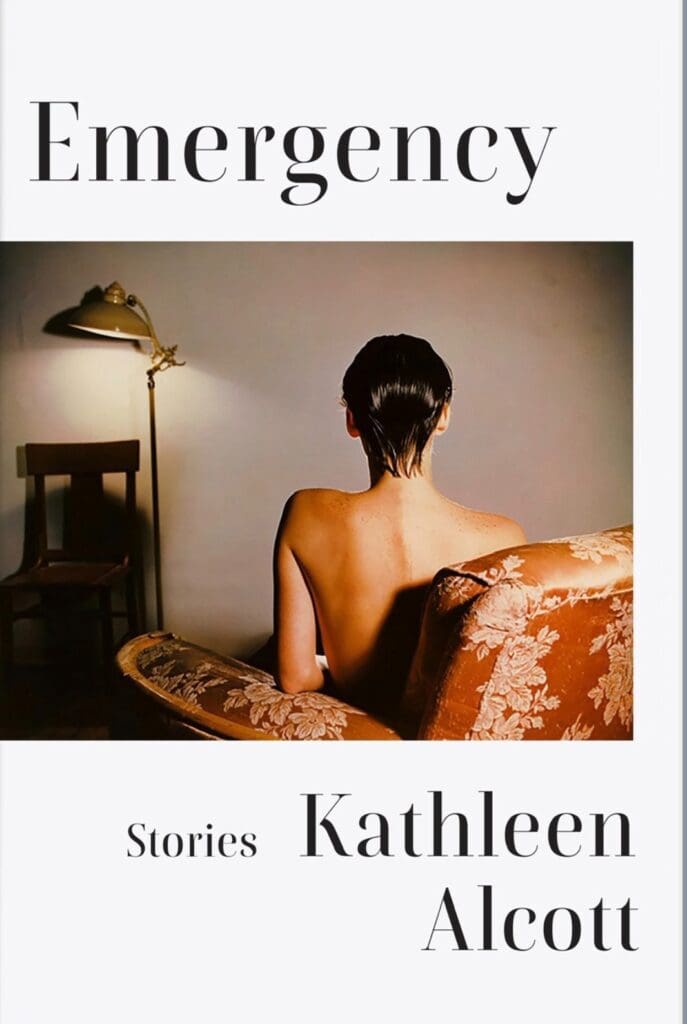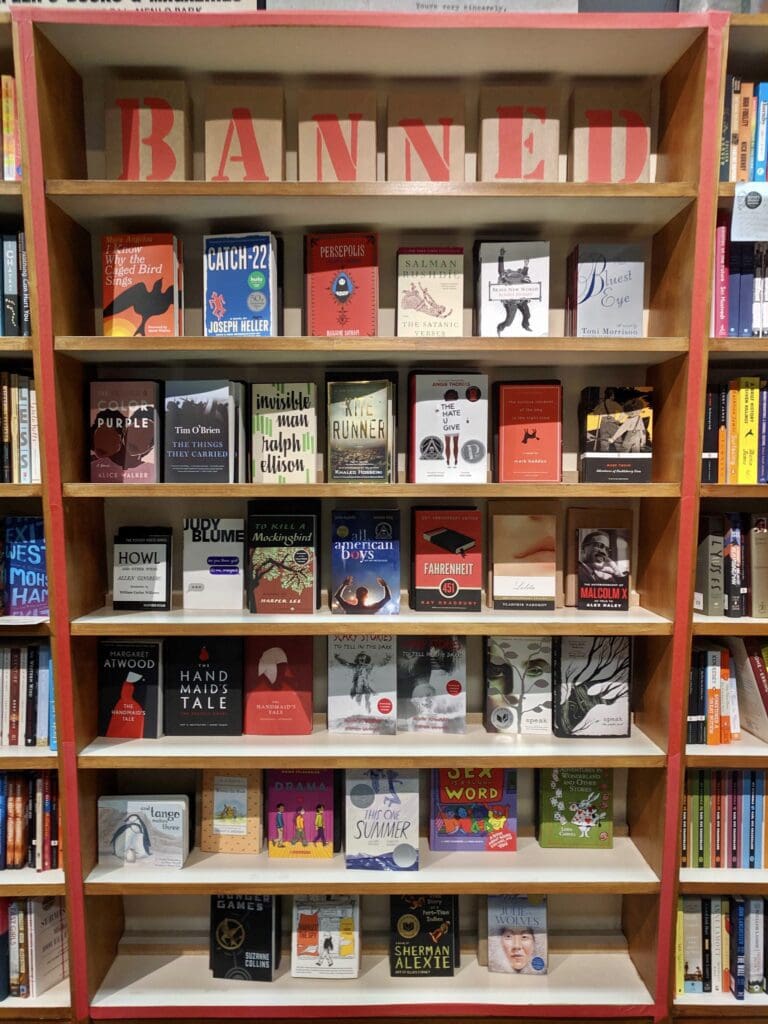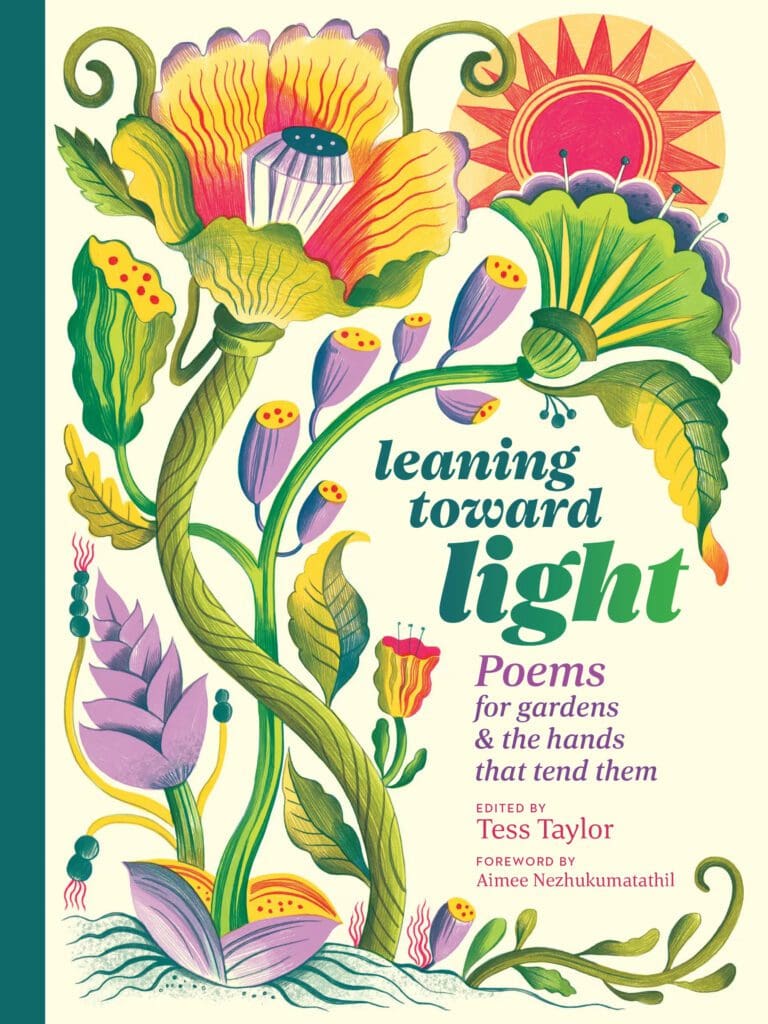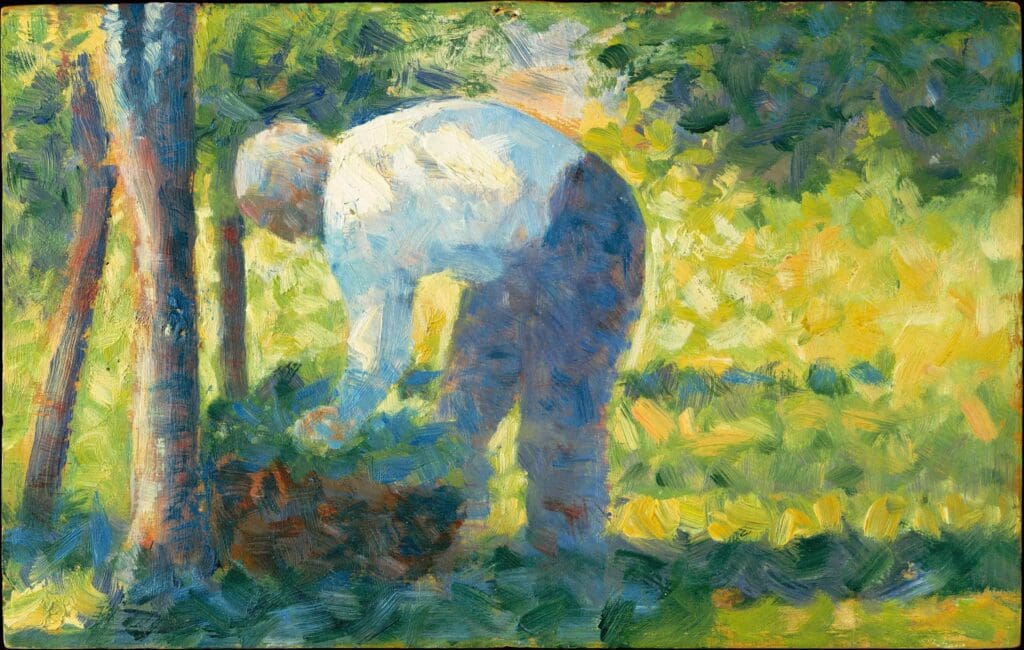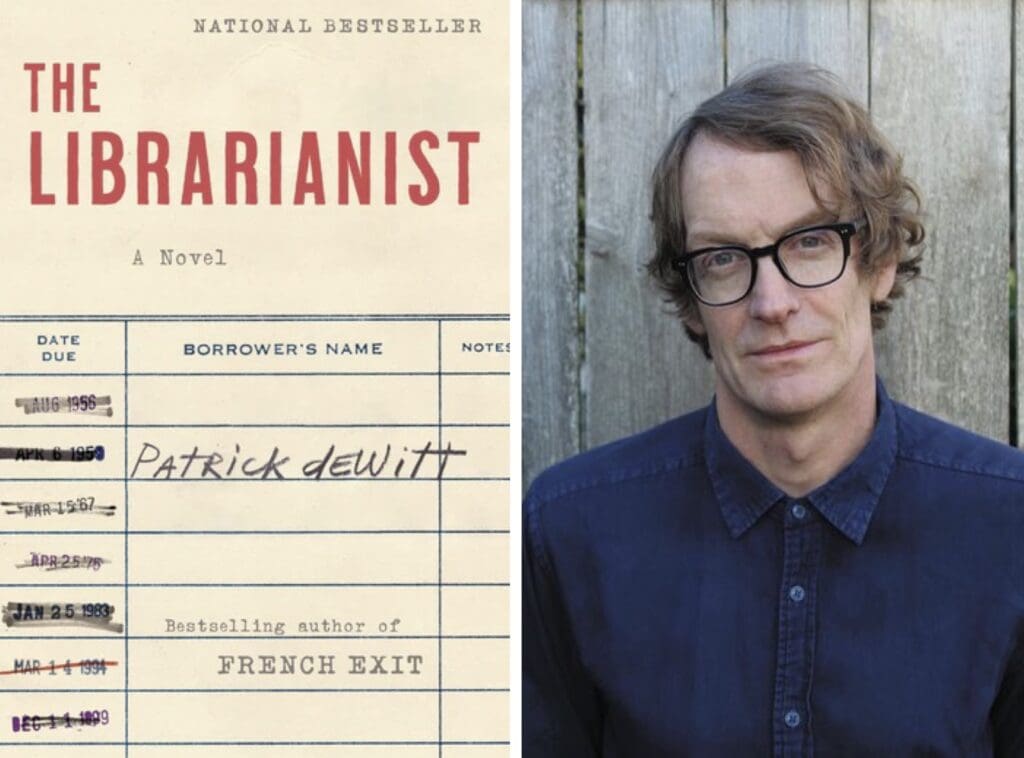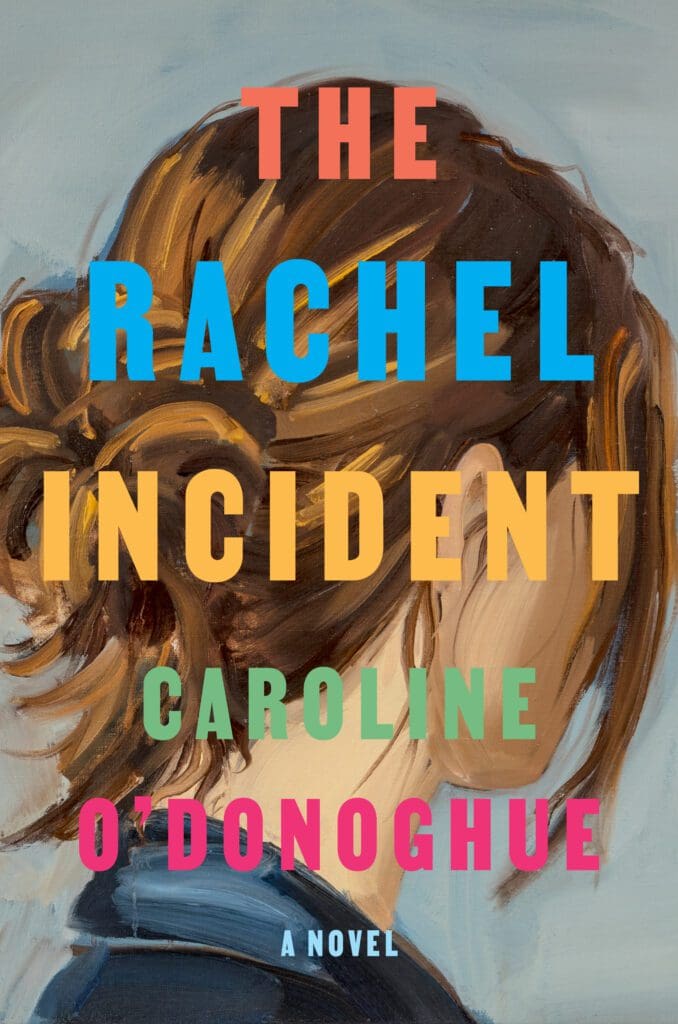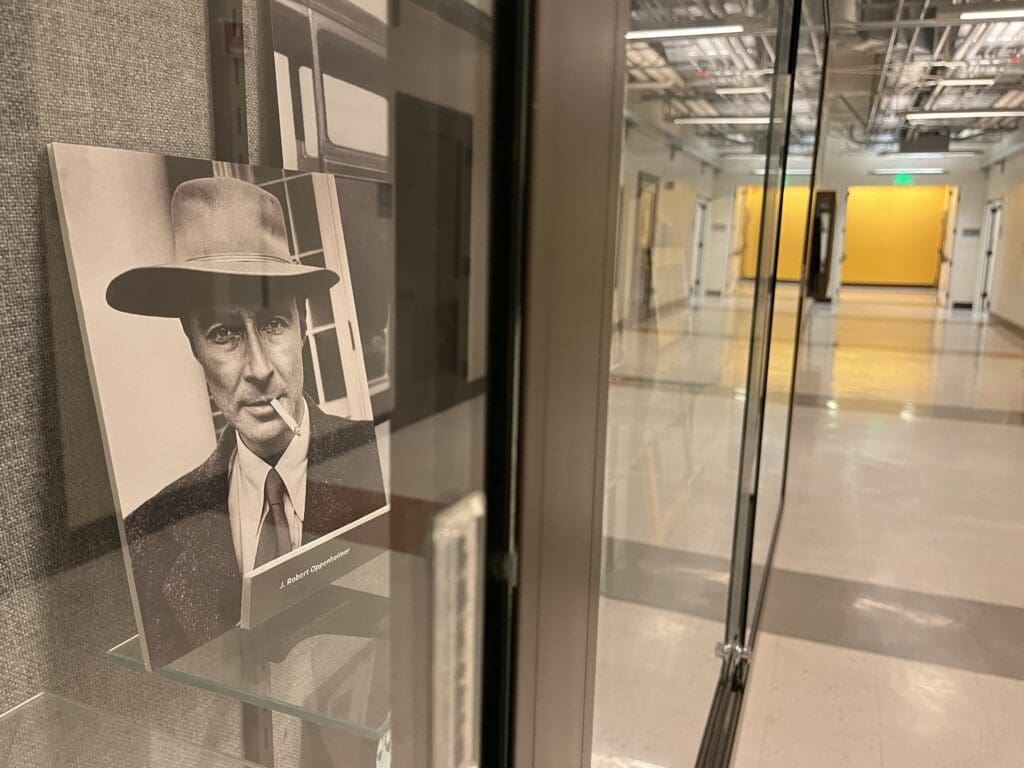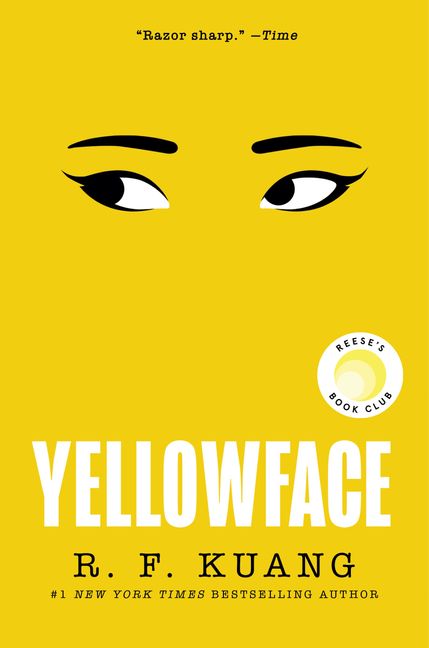Jamel Brinkley’s second story collection, Witness (Farrar, Straus and Giroux; 240 pages), records glimpses of lives across New York, disparate but proximate—as though looking at people in lit windows across the cityscape. Lingering in the worlds and heads of his protagonists, Brinkley’s stories elongate these moments into chasms of psyche and memory. They remind us that whatever we see in the window, observation alone is superficial. To witness is a full-body experience, affecting the mind as much as the eye. New York is a familiar setting for Brinkley, whose debut, A Lucky Man (2018), also features stories set in the […]
New York stories: ‘Witness’ by Jamel Brinkley
by Margot Lee
